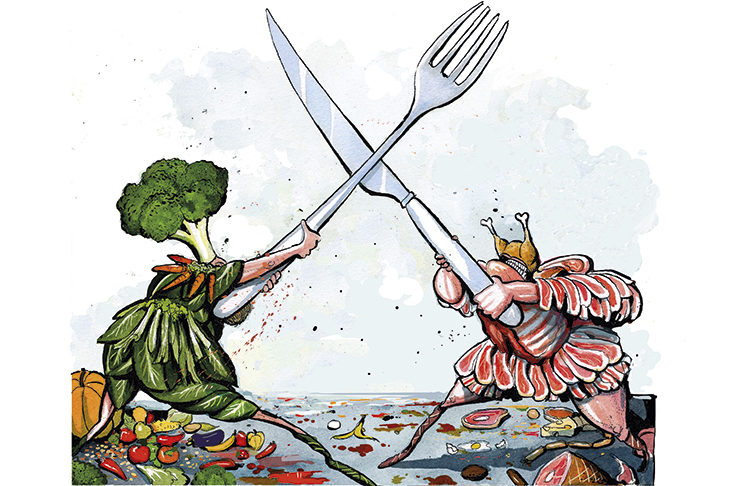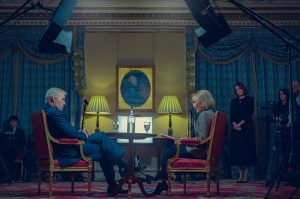One of the more tedious tropes of recent years is for journalists to bemoan the rise of populism while busily casting about for some dark force to which to attach the blame. Mark Zuckerberg, Google, nameless Russians, an uneducated populus, social media, whatever.
One avenue that is rarely explored is that a major cause of the rise of populism might be the journalists themselves, and the extent to which the once noble aim of impartiality has led to something ridiculous — where almost everyone in authority is treated as a liar.
For the past three decades, Britain has had centrist governments led by mainstream politicians. And in that period, did we find that journalists devoted much airtime and column inches to reporting this as a good thing? We did not.
It is often said that levels of human anxiety have an innate default setting. In other words, if you retire from a stressful job, you will not suddenly become relaxed: instead your anxiety merely finds a new home. In retirement you will become gripped by the paranoid belief that your neighbor is stealing your apples, or that you are being overcharged by the milkman.
In the same way, contemporary political coverage has a default level of negativity. It doesn’t matter what the facts might be, or how reasonable the arguments, you must always present an opposite view in which those same facts are interpreted in a negative light. Unemployment down? It’s because of a growth in low-paid and temporary jobs. Sun shining? Yet more evidence of global warming. The burden of proof journalists set themselves for a bad-news story is remarkably low: one shot of a sad couple on a sofa or an offended comment from some thin-skinned moaner on social media can be eked out into an entire segment on Newsnight.
Then there’s the standard inquisitorial format for almost any political interview: this involves a smug man or woman with a non-Duchenne smile leaning on one elbow, raising a supercilious eyebrow in response to any answer. If this approach fails, they can simply resort to ‘So what you’re really saying is…?’, putting the interviewee on the defensive by forcing them to deny a willfully distorted misrepresentation of their last answer.
This cynicism is like ‘crying wolf’. Valuable if done sparingly, it is dangerous once it becomes overused. You can’t entirely blame people for voting for extremist parties and politicians if even reasonable politicians are treated with ill-disguised contempt. (In 30 years in business, I have never met anyone with the weird levels of self-regard often shown by people who appear regularly on television.)
Ultimately, the only people who can escape this constant media debasement are politicians who refuse to play by the rules: Trump, Johnson, Farage and so on. Unless you ignore basic conventions, or create some kind of reality distortion field, you can’t last. Voters do want something to believe in — and only politicians with a high level of self-delusion or narcissism can break the filter.
If you are ever asked to appear on TV or radio, the formula soon reveals itself. Typically the invitation is issued about 12 hours before recording, so anyone with a proper job will be unavailable. Oh, and if you do not want to appear, all you need say is ‘my views on this topic are highly nuanced, and may require a minute to explain’. Soon after, you will get a call saying your presence is no longer required.
The past 10 years have seen spectacular levels of innovation in television. What if some of the same inventiveness were applied to news coverage and political reporting? Netflix News? Anyone?
This article was originally published in The Spectator’s UK magazine. Subscribe to the US edition here.



















